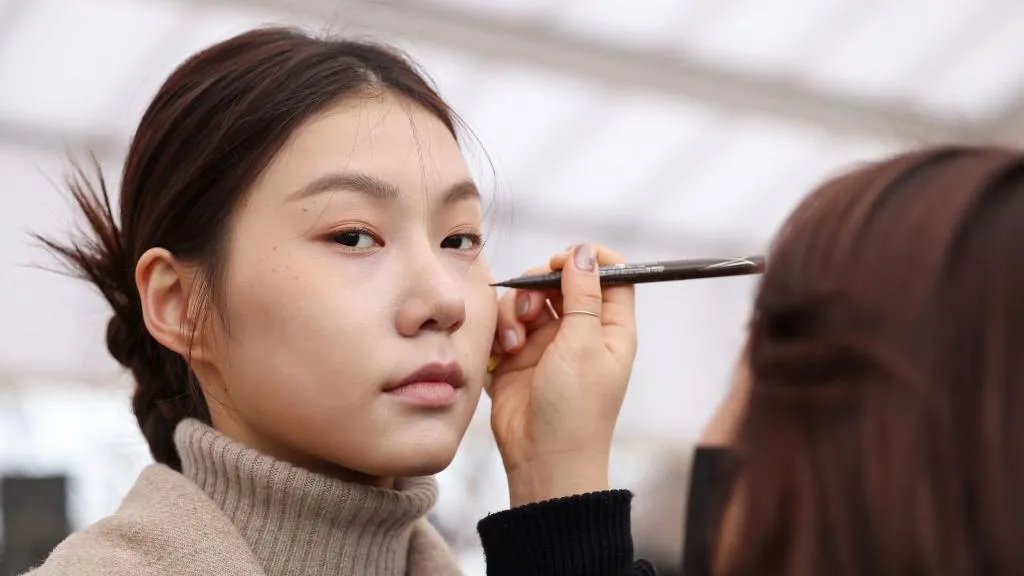South Korea’s globally popular K-beauty industry is now confronting a major obstacle — new U.S. import tariffs under President Donald Trump’s trade policy.
While South Korea is known for exporting cutting-edge electronics and cars, it’s the skincare and cosmetics sector that has built a cult-like following among global consumers. Known for innovative formulas, natural ingredients, and affordability, K-beauty products have surged in popularity, especially across the U.S.
K-Beauty’s Soaring Popularity in the U.S.
In 2024 alone, Americans spent approximately $1.7 billion on K-beauty products — a 50% increase from the previous year, according to industry estimates.
U.S. customers like 27-year-old graphic designer Pearl Mak say that K-beauty products are gentler and more effective than many Western brands. “95% of my skincare now comes from Korean brands,” Mak shared. She’s particularly drawn to unique ingredients like snail mucin and heartleaf extract, which are rare in U.S. skincare but common in Korean formulas.
New Tariffs Put Pricing at Risk
President Trump’s administration has now imposed a 15% import tax on South Korean goods, including beauty products. While the tariff is lower than the initial 25% threat, the beauty industry fears this change could disrupt supply chains and increase consumer prices.
Industry experts warn that even a modest price hike might push budget-conscious consumers away from their favorite Korean products — potentially redirecting them toward domestic or alternative international brands.
Ripple Effects for the Global Beauty Market
The tariffs come at a time when K-beauty is becoming a cornerstone of South Korea’s soft power and export identity. The appeal of Korean dramas, pop music, and cultural trends has helped beauty brands like Laneige, Cosrx, and Innisfree find loyal customer bases far beyond Asia.
However, the rising cost of importing these goods could slow growth and dampen brand expansion in the U.S. market — one of the industry’s largest and fastest-growing segments.
South Korean Companies Brace for Impact
Several Korean cosmetic companies are now reassessing their pricing strategies and distribution networks. Some may consider shifting production to other countries or ramping up direct-to-consumer eCommerce platforms to avoid added retail markup caused by tariffs.
Trade analysts say this may also encourage U.S.-based resellers to reduce inventory of Korean beauty products, making them less available or more expensive to end customers.




0 Comments